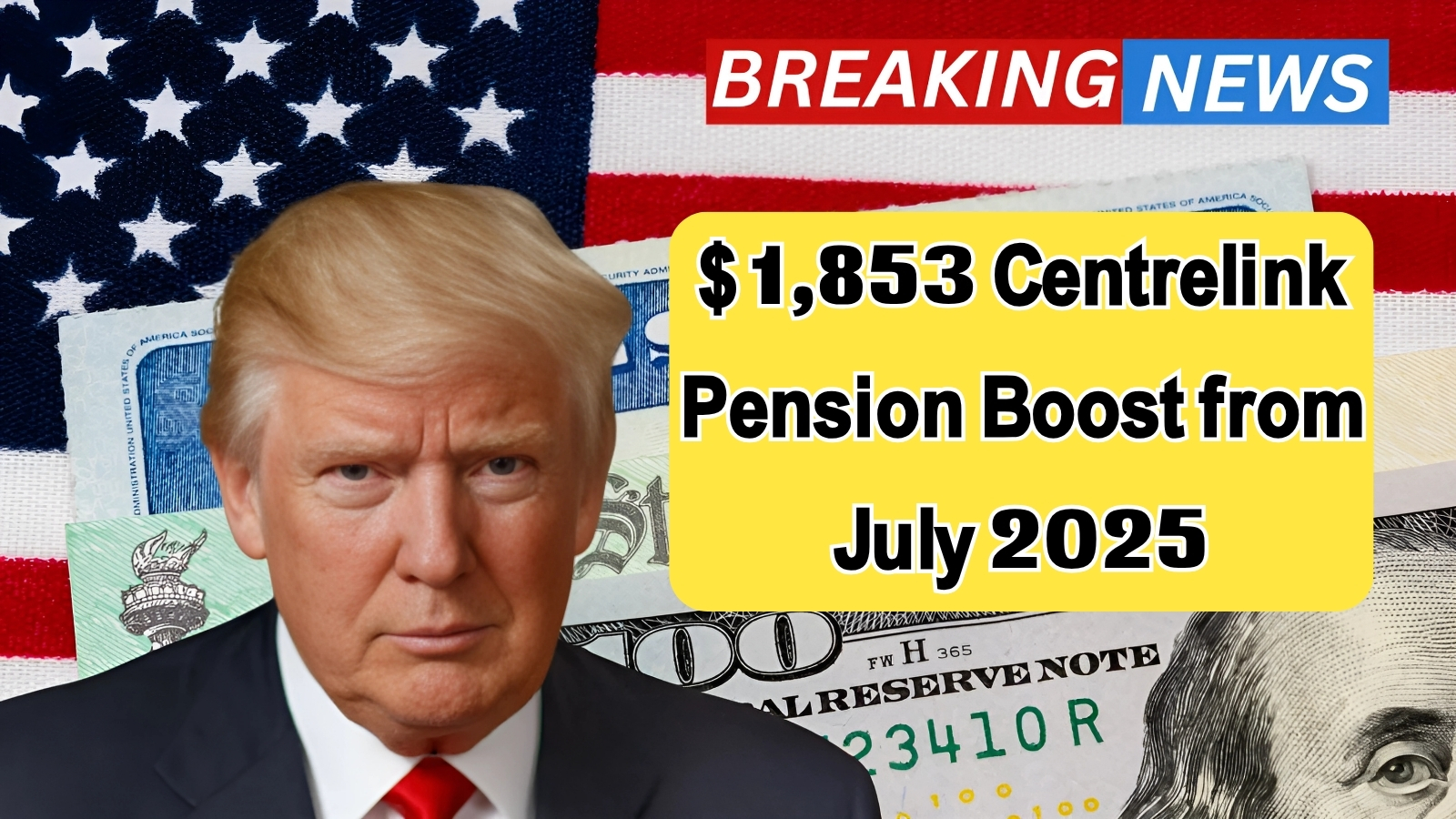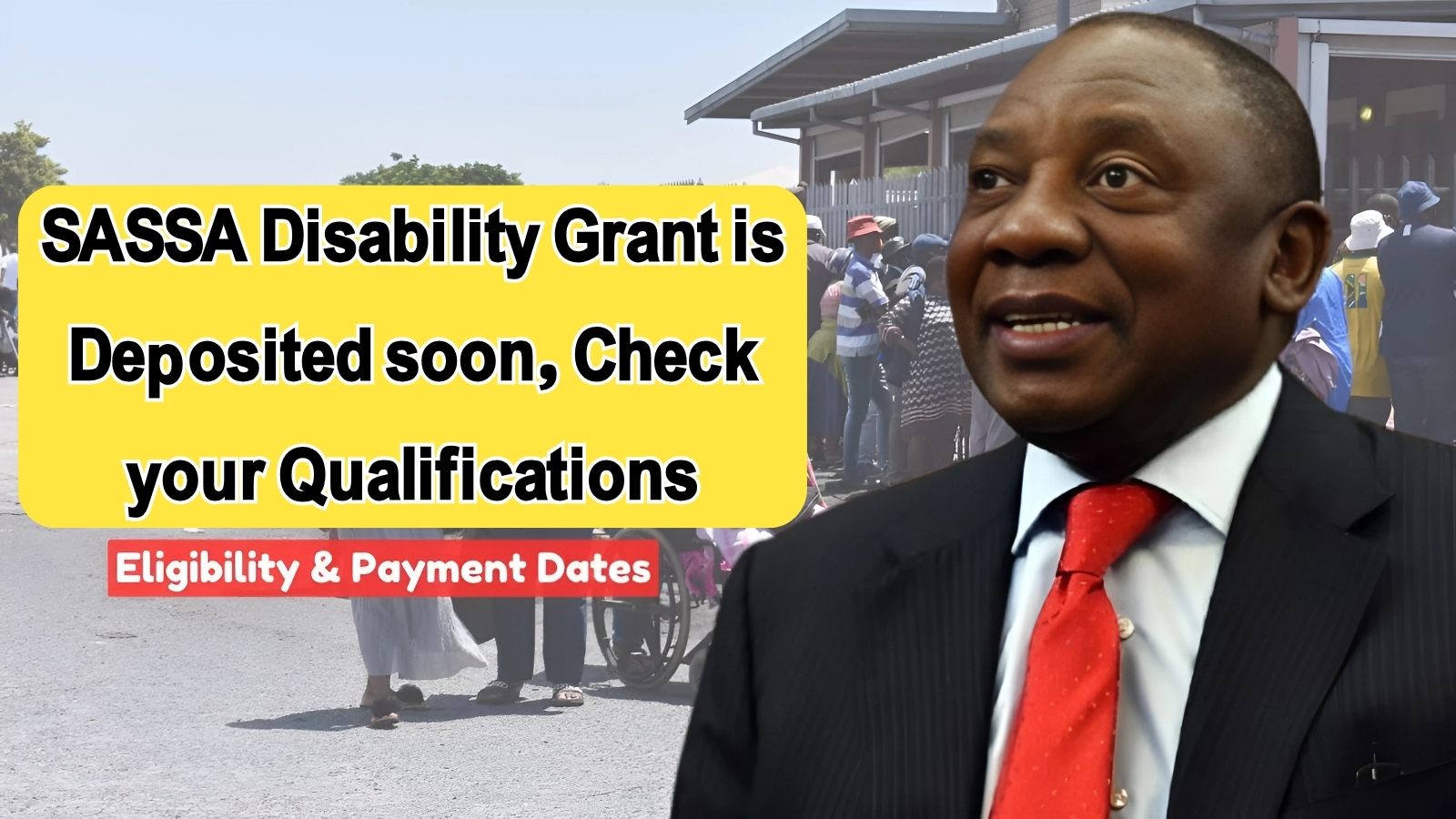2025 state pension payouts have been confirmed by the Department for Work and Pensions (DWP), providing millions of UK pensioners with some financial breathing room.
The government remains committed to the triple lock statement on pensions, meaning pension will rise by 4.1%, giving retired workers additional money who are trying to cope with ever increasing cost of living expenses.
Our complete guide to the updates details the new payment rates, as well as who is eligible, and what it will mean in practice for pensioners throughout the UK.
Increase s in the State Pension Now, and Payment Rates
The 2025 state pension rise is one of the biggest annual increases in recent decades, largely thanks to the triple lock policy, which ensures pensioners get a decent deal.
The new State Pension will rise from £221.20 to £230.25 a week and will give those on it an extra £470 a year, reports LBC.
It means those receiving the basic State Pension under the old system will get £176.45, up from £169.50 per week, an extra £360 each year.
These rises are in force from April 7, 2025 and will affect some 12.7 million pensioners throughout the country.
The 4.1% increase represents the average level of earnings between May and July 2024 that outstripped inflation and the minimum 2.5% uplift guaranteed by the triple lock.
This justifies the value of the Triple Lock in maintaining the purchasing power of pensioners when the economy is struggling.
The increased funds mean a boost of £7.84 billion to the pension pot – and the need for the government to back pensioners who have saved throughout their working lives.
Those already receiving the State Pension won’t need to apply as they will see the higher payments in their regular payments cycle.
A Look At The Triple Lock Mechanism
The ‘triple lock’ is the mechanism that guarantees State Pension payments will rise each year by the highest of inflation, average earnings or 2.5 per cent.
This feature gives peace of mind to pensioners that their income will not be eroded by inflation in all economic climates.
Average earnings growth of 4.1% in 2025 was higher than September 2024 inflation of 1.7% and the 2.5% guarantee, leading to the earnings-based rise.
This result is especially good for pensioners since during economic upswings the increase in wages usually surpasses inflation, and hence people get income increases above inflation.
The triple lock is a political commitment that cut across various governments, showing the wide agreement on the superiority of security in pensions.
Continuity also delivers certainty for today and tomorrow’s pensioners to plan for the long term, allows improved retirement financial planning and ensures State Pension benefits remain significant in retirement income.
Pension Treeness and the Costs of Changing Inflation from CPI to RPI
Benefits of the Present System:
The triple lock is in fact good for pensioners and good for the wider economy. Crucially, it ensures that payments for the State Pension are held in real terms, protecting pensioners from the impact of inflation.
This safeguard is most valuable for those who are heavily dependent on State Pension income and unable to top up their retirement pot in other ways.
It also offers certainty and stability, so pensioners can plan their finances with assurance.
The annual review would keep payments in line with the economic reality, and the minimum 2.5% guarantee would act as a viable buffer during low-inflation or recessionary times.
It’s a combination which provides a strong underpinning for pensioner wellbeing through the economic bumps and grinds.
Further, the earnings link element guarantees pensioners a share of the national prosperity when the economy is doing well.
This link between pensioner growth and wages is one of the ways of keeping intergenerational fairness in mind, as it means the living standards of pensioners don’t get left behind those of the people in work when times are good.
Challenges and Issues: if any potential challenges and issues
But equally there are legitimate questions about the long-term sustainability and fairness of the triple lock. It also generates substantial fiscal pressures when wage growth is high, and the associated levels of public spending can place stress on the public fiscus.
Doubters say the system may not be able to sustain indefinitely the ramped-up spending without wider economic growth.
The system also risks stoking intergenerational tensions, while younger taxpayers shoulder the burden of pension increases – by paying more tax – they have their own demands on their finances in the shape of housing costs, student debt and uncertain employment. Some economists argue that the triple lock might require modification to ensure long term fiscal sustainability.
Even if the top state pensions were cut, higher-earning pensioners would get greater percentage increases than poorer pensioners when the triple-lock applied, adding to income inequality among pensioners.
This may not be consistent with broader policy goals to protect those least able to fend for themselves.
Eligibility, Enrollment, and Filing Procedures
Eligibility for the State Pension relies on National Insurance contribution history, and there are separate requirements for the new State Pension and the old State Pension.
For the new State Pension, introduced in April 2016, you need to have 35 qualifying years of National Insurance contributions in order to get the full amount.
But people with fewer qualifying years get proportionately smaller payments, with 10 the least number of years needed to get any State Pension.
The old State Pension – the one for those reaching State Pension age before April 2016 – requires 30 qualifying years for a full pension.
Most will get more than this through the State Earnings-Related Pension Scheme (SERPS) or State Second Pension, which can top up the total pension income.
How to claim State Pension For most people approaching State Pension age, claiming State Pension will be an automatic process with the government sending them a letter of invitation to claim around four months before they reach State Pension age.
Applications can be made online, by telephone or by postal application, and claims are typically settled within a few weeks of receiving your form.
Effects on Households and the Economy
The pension rises would inject fresh cash into household budgets at a time of ongoing pressure from the cost of living on essential items such as energy, food and housing.
State Pension is the foundation of most people’s pension income, providing increases is essential if seniors are to be able to keep up with the cost of living and enjoy a retirement of dignity.
The extra revenue also creates wider economic benefits as consumers spend more. Retirees are usually spenders and not savers of extra income, stimulating local economies and businesses by creating demand for services and products. This multiplier effect helps drive economic activity, especially in industries that cater to older consumers.
“But they also shed a light on the difficult financial situation so many pensioners find themselves in, when the better deal they sought should be enough to enjoy a comfortable retirement.
Even the new full State Pension of £11,973 a year still leaves a shortfall against the £14,400 a year that the retirement living standards posit is required for a minimum retirement lifestyle, highlighting the importance of pension saving beyond the state system.
Helpful Support and Benefits On Tap
As well as the State Pension rises, UK pensioners may be able to get other financial support to help with some financial pressures.
Pension Credit is a means-tested benefit designed to boost incomes of pensioners on low incomes, providing potentially thousands of pounds-a-year for those who are eligible for the payout.
This provision guarantees minimum income support for pensioners while allowing them access to other forms of assistance.
The Winter Fuel Payment, while having been relatively recently modified, still acts as a direct form of social support for elderly people at times of cold weather.
Housing Benefit / Council Tax Support – help with housing costs Warm Home Discount – help with electricity bills for eligible low-income households
You get free NHS prescriptions, dental treatment and eye tests on the NHS if you are receiving certain benefits.
The Commonwealth War Graves Commission offers further help to war veterans, and there are also a number of local authority schemes that ensure council tax discounts, travel concessions and access to leisure facilities.
What’s Next: What Policymakers Should Keep in Mind about Pension Policy
The pension scene is evolving as policymakers juggle their desire to ensure pensions of retirees yet to come with concerns about long-term fiscal solvency.
Potential changes to the system, such as depriving wealthier pensioners of the triple lock, may also be looked at by future reviews to guarantee the state pension remains affordable and that pensioner incomes remain sufficiently protected.
Demographic patterns such as rising life expectancy and changing retirement behaviour will shape the future development of pension policy.
The government is under increasing pressure to tackle inequality among different groups of pensioners while dealing with the financial costs of an ageing society.
Broader policy responses to the challenges of retirement income include automatic enrollment to workplace pensions and acceleration of the increase in State Pension age to 67 in 2026–28.
These changes are designed to support broader retirement preparedness while addressing fiscal pressures posed by demographic shifts.
Common Sense for Retirees
Firstly those who have already retired as well as all future retirees should take some pragmatic steps toward deferring their retirement income and making sure they will not lose out on any benefits they are due.
National Insurance records are best kept under annual review, as gaps may be filled with voluntary contributions that will heighten total potential future State Pension entitlement.
Anybody who thinks they might qualify for Pension Credit should apply immediately because it is a valuable benefit that also opens the door to other types of help.
Applications can appear complicated, but help is on hand from organisations such as Citizens Advice, Age UK and other bodies who offer pension and benefit advice.
Being kept informed about changes in policy and entitlements can also help to make sure pensioners do not miss out on other sources of support.
Periodic evaluations for financial status and eligibility for benefits can yield new forms of help when one’s status and resources shift.
Claim Your Extra £438 DWP Announces New Pension payments
The 2025 state pension hikes amount to a big financial boost for millions of elderly people in Britain when they need it most amid the downturn.
The triple lock provides important security and predictability, but continuing debates over its sustainability and fairness illustrate the delicate balance in pension policy.
The rises come at a very welcome time for those already retired, to keep budgets in check and make sure that people are financially secure and the future will shape the long-term landscape of retirement income support in the UK.
An understanding of these changes, the support that is available, and eligibility for entitlements provides the pensioner with the capacity to make informed choices in regards to their financial planning and entitlement claims.














